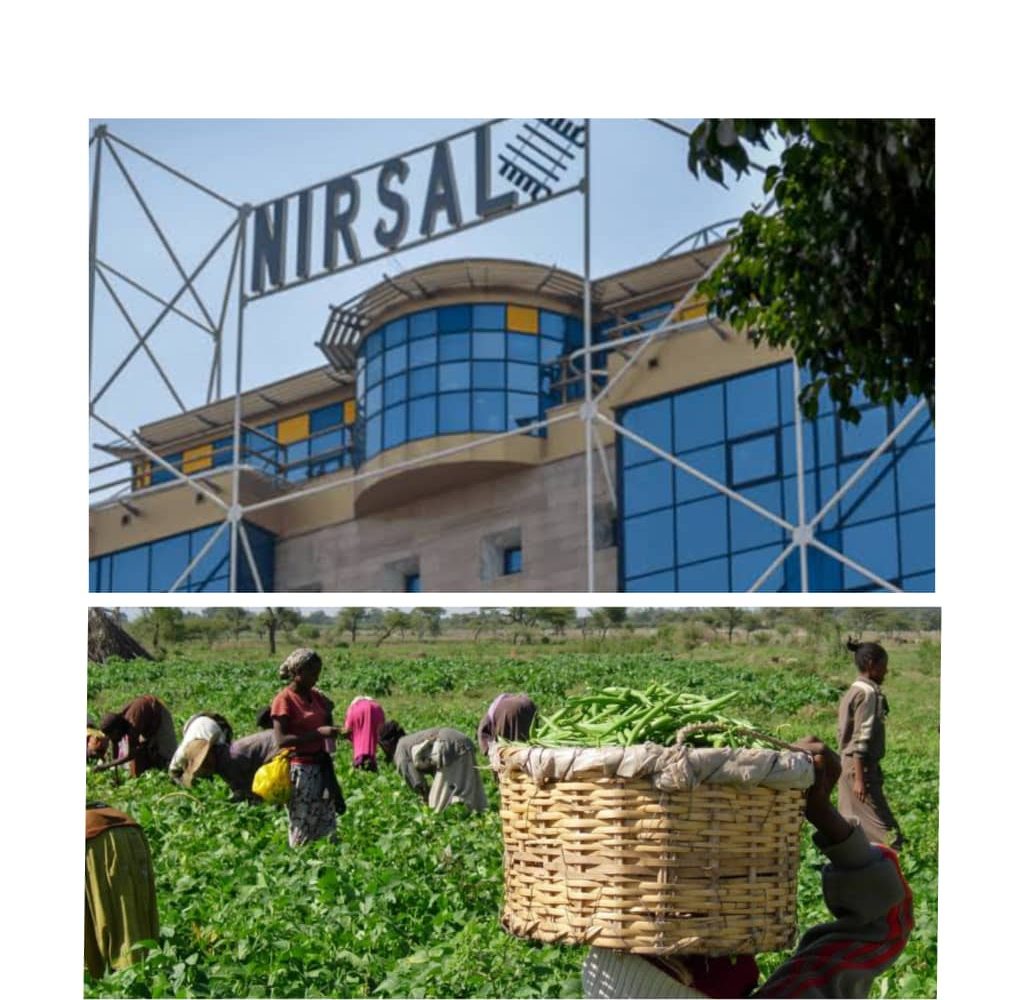The Nigeria Incentive-Based Risk Sharing System for Agricultural Lending (NIRSAL) has announced a significant milestone in its operations, facilitating over N70 billion in commercial financing for agribusiness in 2025.
This achievement represents nearly a quarter of the organisation’s cumulative N270 billion facilitated for agriculture and agribusiness since its inception in 2013.
NIRSAL’s revamped strategy under its new Board and Executive Management has been instrumental in restoring lender confidence and channeling fresh funds for key value chains.
The organisation’s integrated model, spanning prospect identification, deal structuring, business advisory, and credit guarantees, has helped agribusinesses access sustainable credit.
The facilitated funds have led to an improvement in local production across key commodities and a positive balance of trade for agriculture.
The agriculture sector’s share of bank lending has also risen to 5.33% as of May 2025, reflecting renewed interest from financiers.
According to NIRSAL’s Managing Director/CEO, “N70 billion may appear modest compared to the size of Nigeria’s agricultural financing needs, but the significance is profound. It proves that agriculture can be commercially and sustainably financed.
“With the right blend of capital, technical support, and risk mitigation, the sector can become more productive, resilient, and globally competitive.”
NIRSAL is confident of hitting its N150 billion target for 2025 and is working to develop a digital network, the NIRSAL LandBank portal, to provide data-driven insights for investors, policymakers, and development partners.
The organization is also deepening its interest in climate finance and collaborating with the Rural Electrification Agency to provide off-grid power to production and processing clusters in rural locations.
NIRSAL has trained over 1,100 staff of banks and 450 agricultural value chain actors, deepening understanding of agricultural financing and risk-sharing frameworks.
This has led to an increase in loan request approvals and improved capacity and confidence across sub-sectors.
The N70 billion facilitated by NIRSAL in 2025 signals a new era of confidence for Nigeria’s farmers, financiers, and the wider economy.
The organisation’s efforts are expected to contribute significantly to the country’s push toward a $1 trillion economy.









Comment here